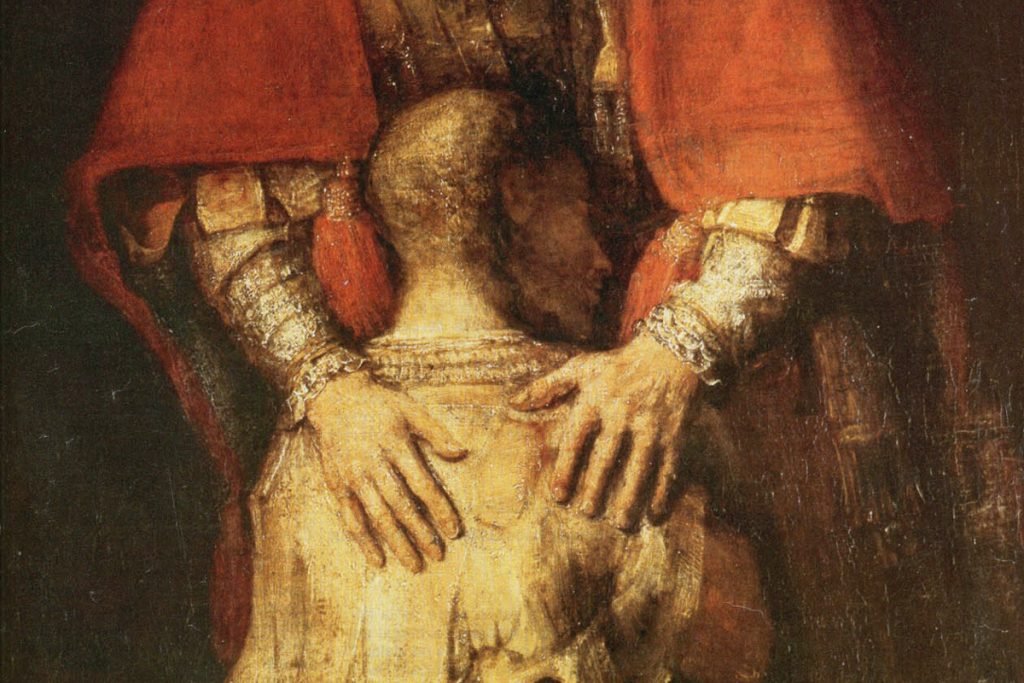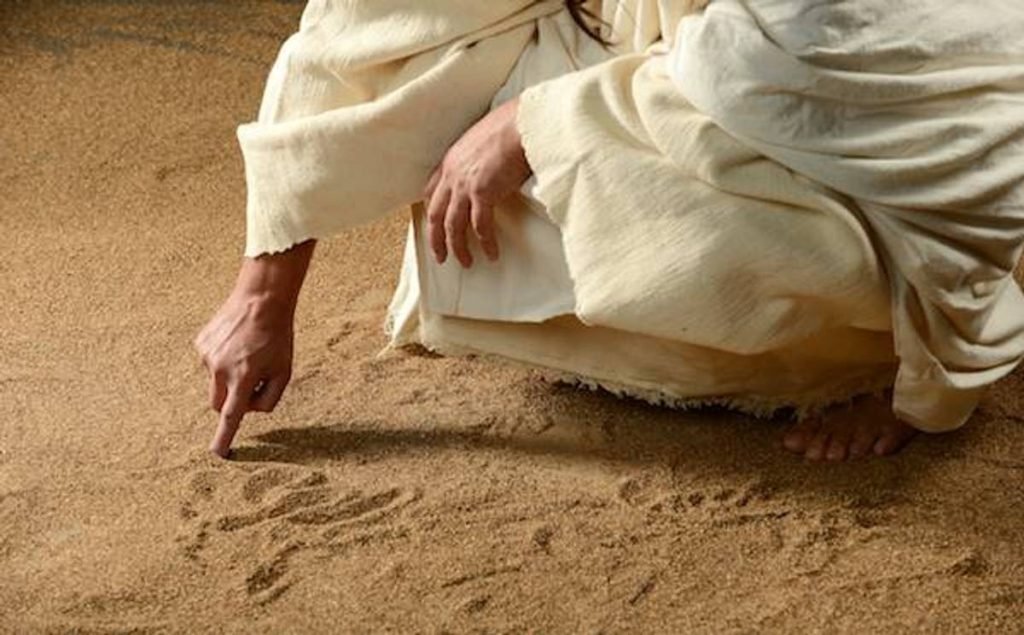For several months now, the world’s news has been calling me to think about whether there really is a way to practice justice in this world, and a bible verse invades my mind as soon as I begin to ponder this subject, often in my car on my way to work. If we read the following verse carefully, we’ll see that it gives us a very clear and easy-to-understand guideline of what God expects of us.
“It has been made known to you, O man, what is good; and what the Lord requires of you is that you practice justice, love mercy, and walk humbly with your God.”
Micah 6-8 : The Bible.
We can often find it hard to discern what God wants us to do, but when it’s written down so simply, we tend to ignore it?
According to this text, if we really want to practice justice, and benefit from it in return, we have no choice but to love mercy, even when it goes against our interests, and to walk humbly with our God.
But to understand this verse, we first need to agree on a few definitions that are not always universally understood.
To start with, what is Justice?
By essence, justice seems polymorphous, depending on the times and civilizations in which it is dispensed. For ancient philosophers, justice was first and foremost a moral value practised through behaviour that combined respect and fairness towards others. It would enable human beings to evaluate and judge decisions and actions, for themselves and for others. A direct fruit of the “knowledge” of good and evil acquired in the Garden of Eden.
This notion leads to retribution for merit or fault, in compliance with the law. This conformity, whatever, is cultural, and its applications vary according to customs, traditions, social structures and collective representations. According to these, justice refers to freedom, equality, equity, ethics and social peace.Justice, which has become “legal”, has lost its capacity to be a value above human contingencies, of divine essence.
The history of justice is therefore linked to the history of peoples and civilizations, and is rooted solely in human and popular culture, contrasting the “unwritten laws” of conscience with the written laws of the city. Man relies in turn on the one that is most favorable to him.
Practicing justice thus becomes a purely “humanistic” exercise, open to many interpretations, if we separate it from a more universal foundation that would be above the selfish interests of each individual.
This foundation, in my opinion, can be nothing other than divine.
Now let’s think about what mercy is?

It is generally defined as a form of compassion towards the misfortune of others, to which is added a notion of generosity, of freely given kindness. In the Abrahamic religions, mercy is a characteristic of God from whom humans must draw inspiration.
It should inspire us to offer forgiveness out of pure goodness to the guilty, the defeated and those who have failed. This is God’s attribute as he puts into action his plan of salvation for mankind, expressed in John 3:16.
Léon Bloy, a 19th century novelist, said: “A man covered in crimes is always interesting. He is a target for mercy”.
The truth is, mercy is not granted to the innocent, but to the guilty.
If God grants it to us, it’s because we are guilty. He acquits us and makes us his children out of pure goodness.
From the fall to redemption.
The problem lies in the fact that we have chosen to determine for ourselves what we would consider right and wrong.
What happened in the Garden of Eden? What was the result of disobedience? What could this “knowledge” have consisted of to be so harmful and bring about such a disaster, namely Adam’s exile from Gan Eden and the fall of the whole of creation?
The answer may lie in one word: “interpretation.”
Indeed, all reality becomes subject to individual interpretation. The result is the absence of a truth that transcends differences.

We’ve entered a world of ambivalence. Doubt has crept into people’s minds. For example, the first thing that comes to mind, in the light of the nudity just discovered by the first couple, is the difference between man and woman. She (or he) is not like me. It’s a short step from “we’re different” to “we’re enemies”.
We don’t try to understand the other person, we try to make them carry our own guilt. When we listen to them, it’s only to find in their speech the argument that will enable us to accuse them. In our eyes, our point of view is always superior to theirs. Even worse, we do the same thing to God.
It’s the woman’s fault,” says Adam, ”but isn’t it also God’s fault? Adam, as soon as he has swallowed the fruit, replies to God with a certain malice: “The woman whom You have placed by my side”, already shirking his responsibility and looking for a culprit to clear his name.
Judgment on things, then, can no longer be objective. We attribute intentions to everything and everyone, and get lost in the imbroglio of our own fears. Confusion has taken the place of reality, and our vision is clouded, if not completely distorted. We reject others because we see our own faults in them, and we can’t imagine that they might act differently from us.
From then on, it’s the Bible, the Word of God, that should teach us what is good, what God expects of us, but it seems that we are incapable of accomplishing His will! So the Father, slow to anger and rich in goodness, grants us His justice. He places the condemnation on His Son. He fully exercises His mercy.
We want and demand His grace, but at the same time we would like “Justice to be done” whenever something affects us and we feel our rights have not been respected. But are we ready to be merciful to others?
Alas, we prefer to arm ourselves with a stone, to exercise justice based on our own judgment, which by its very nature is biased, rather than apply mercy to others, which is the very expression of God’s justice.

“Let he who is without sin cast the first stone” was Jesus’ response to this kind of claim. I’ve often wondered what the Lord might have written in the sand just before he made that statement. Today, I’m thinking more about what people might have read there, as they stooped to pick up their “stone of righteousness”. Perhaps a list of their own sins.
Mikaël Réale
